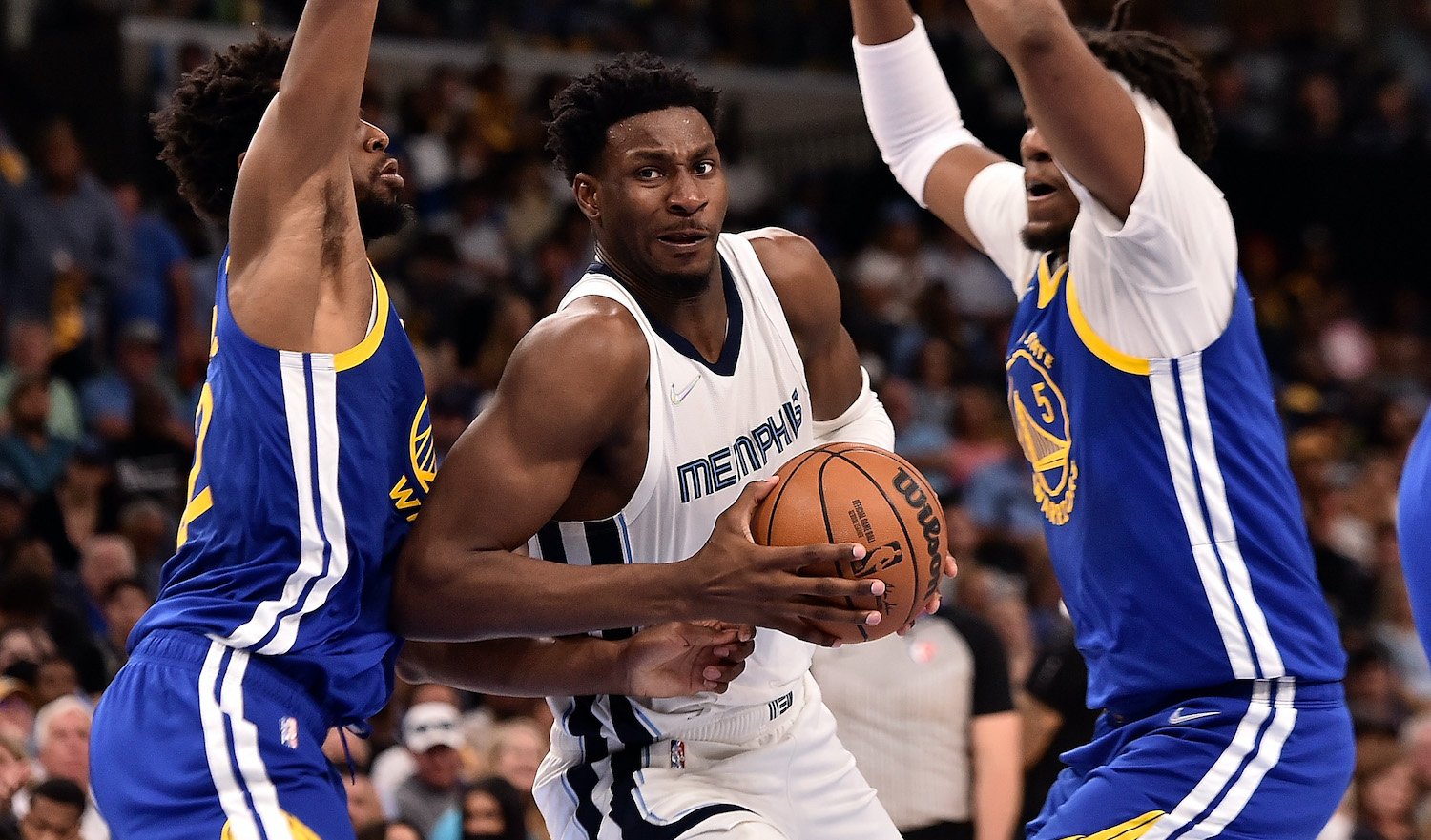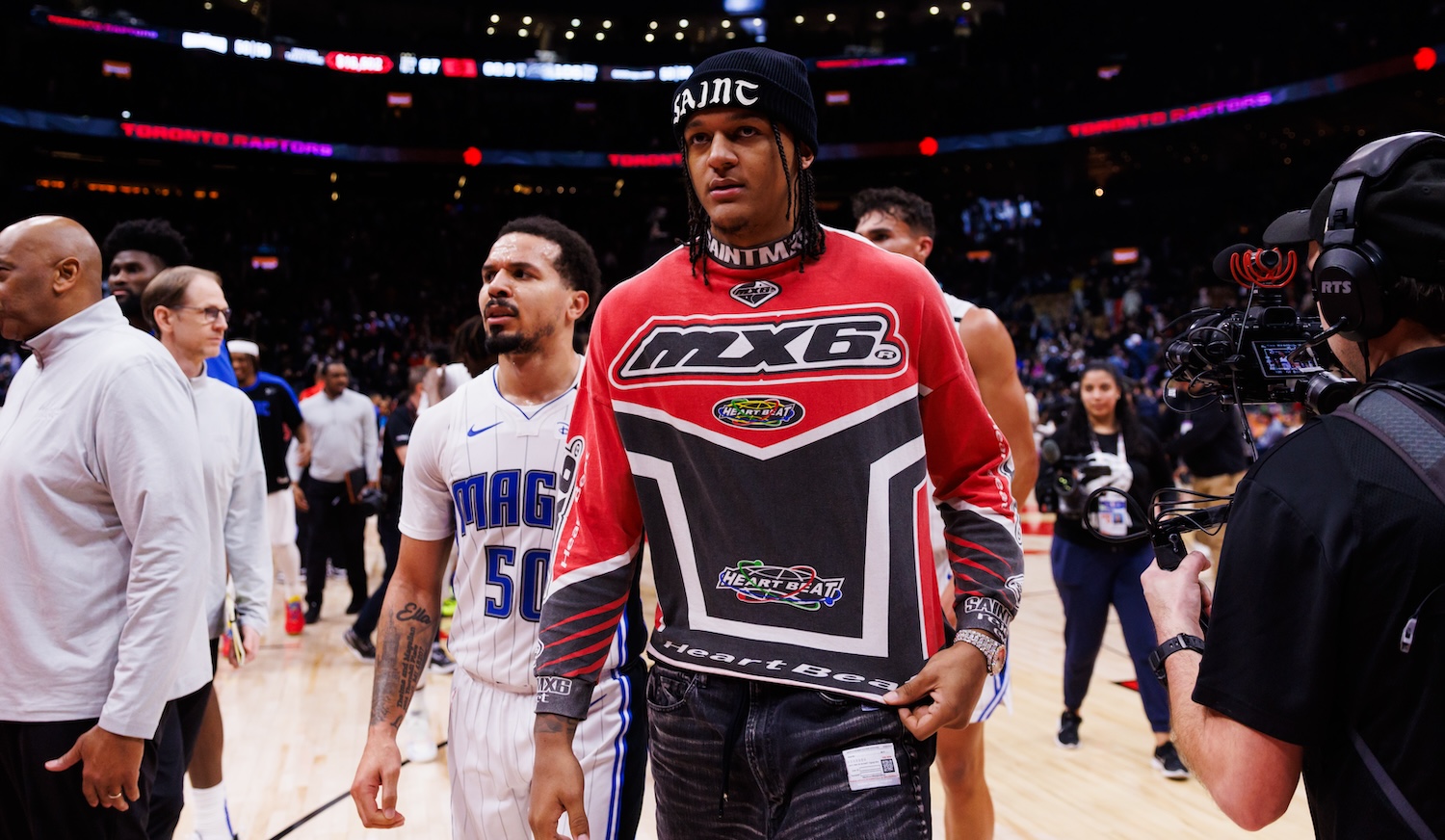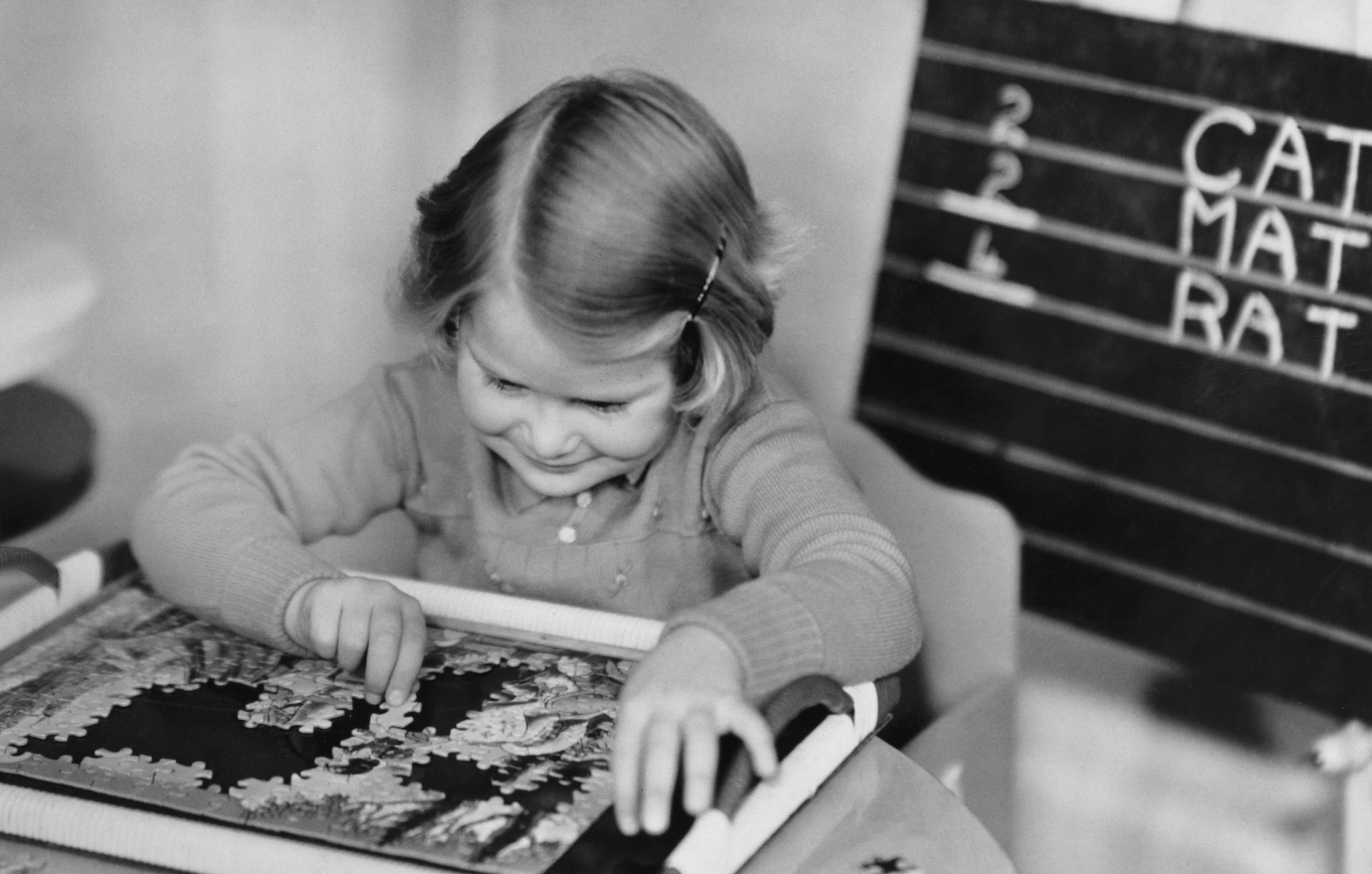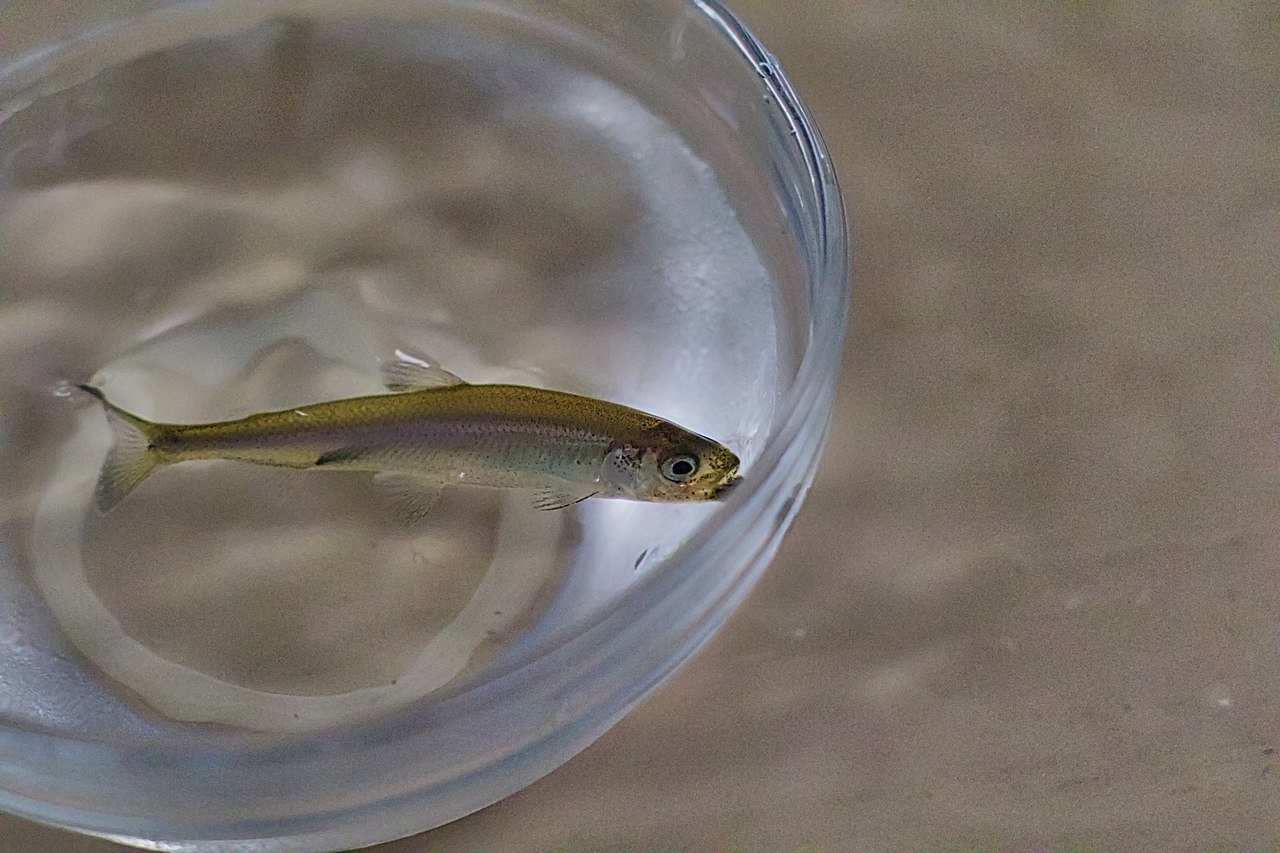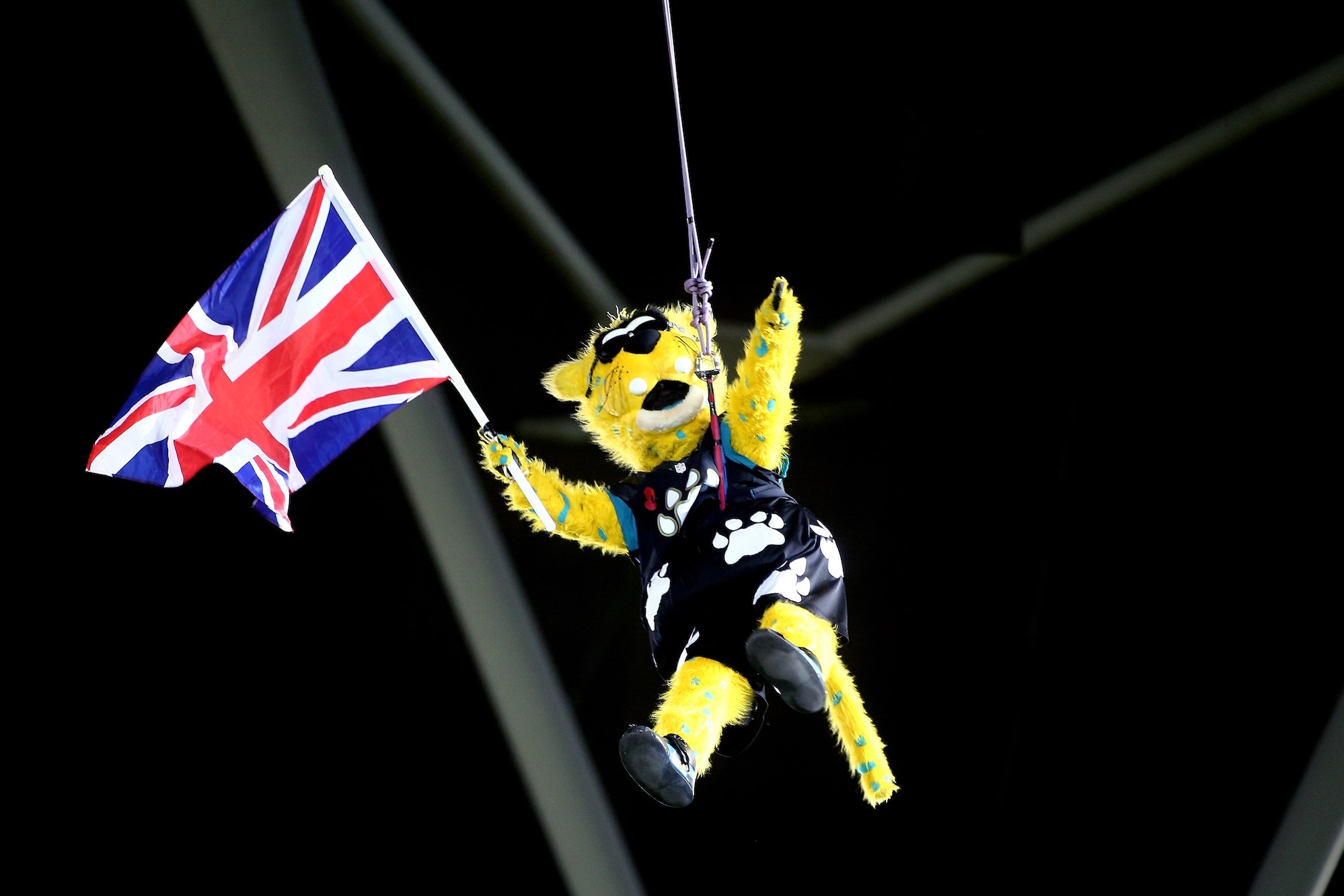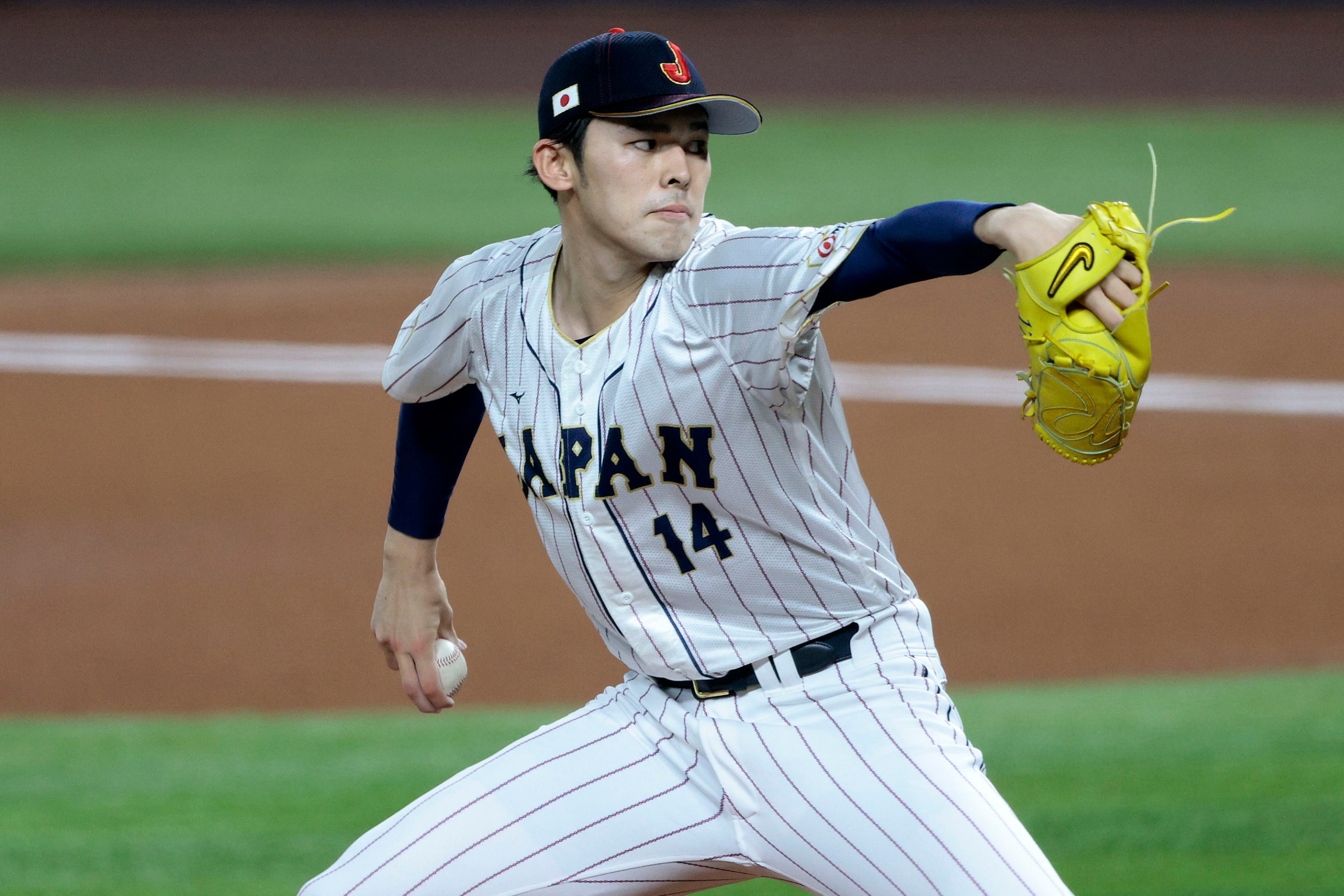Though they lost, the Memphis Grizzlies outplayed the Warriors on Sunday, which was something of a surprise after their wonky first-round series against the Wolves, which showed a number of glaring areas of concern for the West's second-seed. Distinguishing process from outcome is a somewhat dubious line of inquiry in a best-of-seven playoff series, especially when the winning team had to weather both pants-shitting gameplay and an ignoble ejection from their second-most important player, but the Grizzlies were able to reach a new level because they finally got their own second-best player in the action. They hung with the scariest team in the playoffs, despite single-digit outings from their two starting wings, because Jaren Jackson Jr. finally stuck around long enough to help.
Jackson logged 33 points on 6-for-9 three-point shooting and 10 rebounds against the Warriors. Six of those boards were on the offensive glass, which means he grabbed as many rebounds by his own basket as any Warrior. Jackson's skillset—he's a legit three-point threat who also led the league in blocks per game this season—makes him a crucial part of a Memphis team that is short on three-point shooting and relies on defensive disruption and turnovers to fuel its transition-heavy game. Without Jackson, the Grizzlies run more half-court sets, cede more shots at the rim, and give Ja Morant less space to operate. Against Golden State, he was nailing his shots ...
33 FOR @jarenjacksonjr 🦄 pic.twitter.com/k1IJvGt6XH
— Memphis Grizzlies (@memgrizz) May 1, 2022
... and staying with Golden State's guards on switches as long as he needed to, before recovering and disrupting the play elsewhere. Steven Adams is unplayable in this series, Brandon Clarke sprints around and does stuff, and Xavier Tillman is cool but severely limited, so Jackson must bear a significant load for his team.
Multiple efforts from Jaren Jackson Jr. Gets up to the level as Curry comes off the screen. Helps on the drive from Wiggins and gets a block. Defense into offense has been huge for Memphis and Ja finishes in transition on the other end. pic.twitter.com/I38upzBqrQ
— Steve Jones Jr. (@stevejones20) May 1, 2022
Yestersday's nice Game 1 was a welcome departure from a nightmarish series against the Wolves. Jackson's first round against Minnesota was only the second playoff series of his career, so his rotten performance won't and shouldn't be held against him. He's lucky the Grizzlies do not have the burden of expectations, because he'd be mercilessly roasted for being unable to stay on the floor. Jackson only fouled out of two games against Minnesota, though it felt like he was in foul trouble throughout the entire series, tip to tail. Tasked with staying in front of Karl-Anthony Towns, Jackson averaged an astonishing 7.6 fouls per 36 minutes, and committed 31 of a possible 36 fouls. He played only 24 minutes per game, scoring 11.8 points. Jackson had seven blocks in Game 1, yet played an inarguably bad game, shooting 4-for-13 and committing five fouls in the loss. Jackson has been plagued by foul trouble throughout his four-year career, and perhaps the biggest reason why he got so much Defensive Player of the Year buzz this season was because he finally got a handle on his fouling problems.
Simply put, the Grizzlies are dead if Jackson doesn't have a good series against Golden State. The Warriors oriented their gameplan around limiting the Grizzlies' primary offensive dynamic, which is Morant shrieking into the lane. They started Gary Payton II and surrendered acres of space to Morant on the perimeter, daring him to shoot practice-level threes. He did, going 4-for-11. Golden State doesn't really have an answer for a fully realized version of Jackson, who also doesn't have the burden of having to stay in the post, where he would try and eventually fail to not smack his assignment every other time they get the ball. Golden State is, by design and to their great advantage, tiny. They are also not a particularly athletic team, aside from Payton II. Thus Jackson can ask questions the Warriors don't have easy answers for. They can stick Draymond Green more closely to Jackson, though that limits his utility as a team defender if Jackson is chilling in the corner. Kevon Looney isn't quite quick enough to hang with Jackson on the perimeter, and Nemanja Bjelica is even slower than him.
There's a niche here, is my point, and Jackson must fill it for his team to have a real chance. Young teams are only ever thought of as such until they take a leap by, say, out-dogging the three-time champs. The Grizzlies are the two-seed, yes, but they are also the youngest winning team in the NBA and are the clear underdogs in a series against the resurgent Warriors. There is a narrow path to victory, and staying on it necessarily requires Jackson to ball out.
